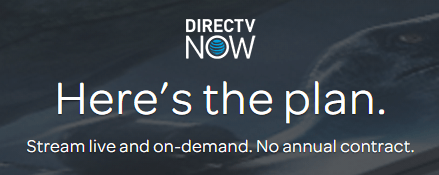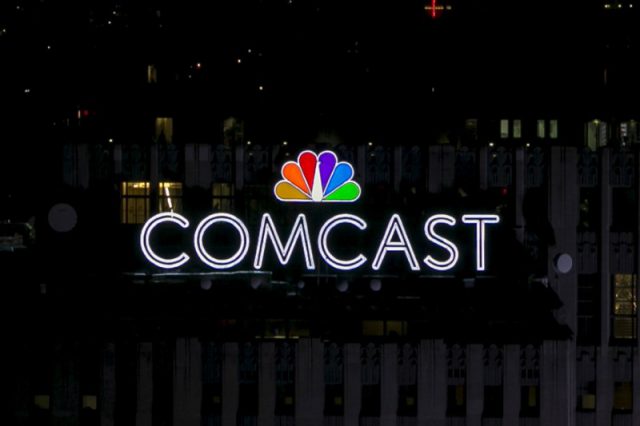
Comcast could kick the door open on the traditionally closed cable-TV monopoly.
Comcast has a “Plan B” in case rival online-TV streaming providers start a major wave of cable TV cord cutting: the right to offer its own online cable TV replacement nationwide.
Bloomberg News reports Comcast is quietly acquiring national online distribution rights from cable networks, which gives the cable giant the right to sell cable TV-like packages outside of its cable company service area.
Comcast maintains “most favored nation” clauses in its contracts with cable programmers, which means if those networks agree to online distribution of their programming over online competitors like Sling TV, AT&T DirecTVNow and PlayStation Vue, those same rights are also available to Comcast.
For now, insiders claim Comcast has no immediate plans to start competing outside of its home service areas, but it wants to accumulate the necessary rights to hedge against online rivals.
“When you really try to evaluate the business model, we have not seen one that really gives us confidence that this is a real priority for us,” Matt Strauss, Comcast’s executive vice president for video services, said at a conference in November. “There is significantly more upside and profitability in going deeper and deeper into our base first versus following a video-only offering OTT,” he added, using the industry term for nationwide online video.
 Comcast has been gradually picking up online distribution rights as it renews contracts with the networks it carries. A sign Comcast may imminently launch a competing product similar to DirecTVNow would come if it chooses to renegotiate contracts before they expire. Comcast last negotiated with CBS in 2010 and ESPN in 2012. Both contracts don’t expire until 2020. Without renegotiation, any online offering from Comcast would not include networks owned by those two companies.
Comcast has been gradually picking up online distribution rights as it renews contracts with the networks it carries. A sign Comcast may imminently launch a competing product similar to DirecTVNow would come if it chooses to renegotiate contracts before they expire. Comcast last negotiated with CBS in 2010 and ESPN in 2012. Both contracts don’t expire until 2020. Without renegotiation, any online offering from Comcast would not include networks owned by those two companies.
Comcast is downplaying any interest in breaking the traditional cable television business model, which depends in part on friendly relations with other cable companies and staying out of their territories. The prospect of Comcast selling cable TV service in Charter’s service area would threaten a still lucrative source of revenue if a price war develops. Video represents about 50% of Comcast’s cable sales.
For now, Comcast’s most evident online competitor is AT&T’s DirecTVNow which has added 200,000 subscribers nationwide since launching in November. But that remains just a fraction of Comcast’s 22 million cable-TV customers, a reason why Comcast may be in no rush to enter the online streaming cable-TV business. That may change when two high-profile online video providers get into the business later this year. YouTube and Hulu are both expecting to launch cable-TV alternatives in 2017.


 Subscribe
Subscribe






